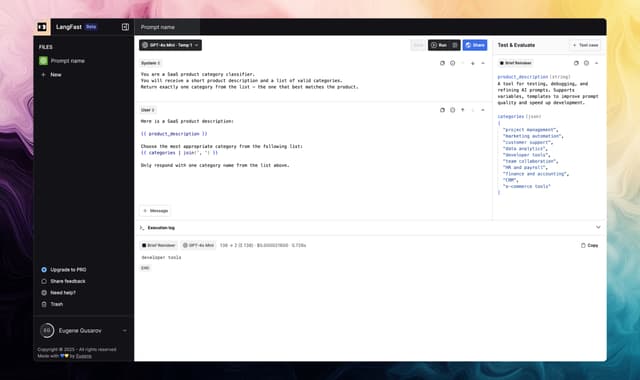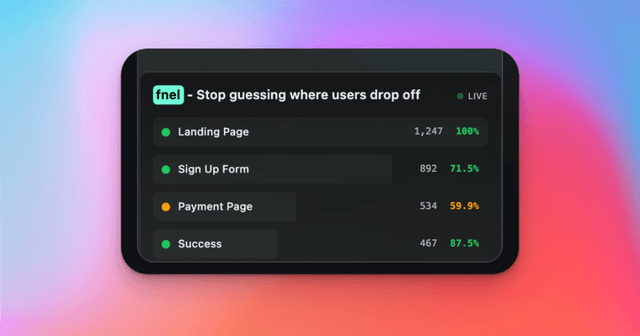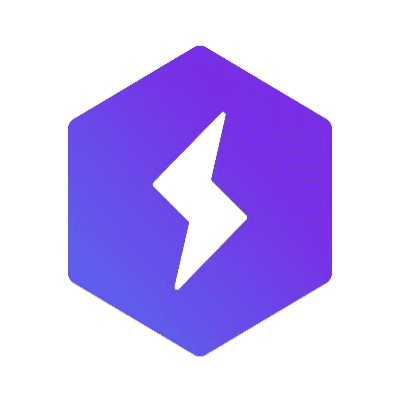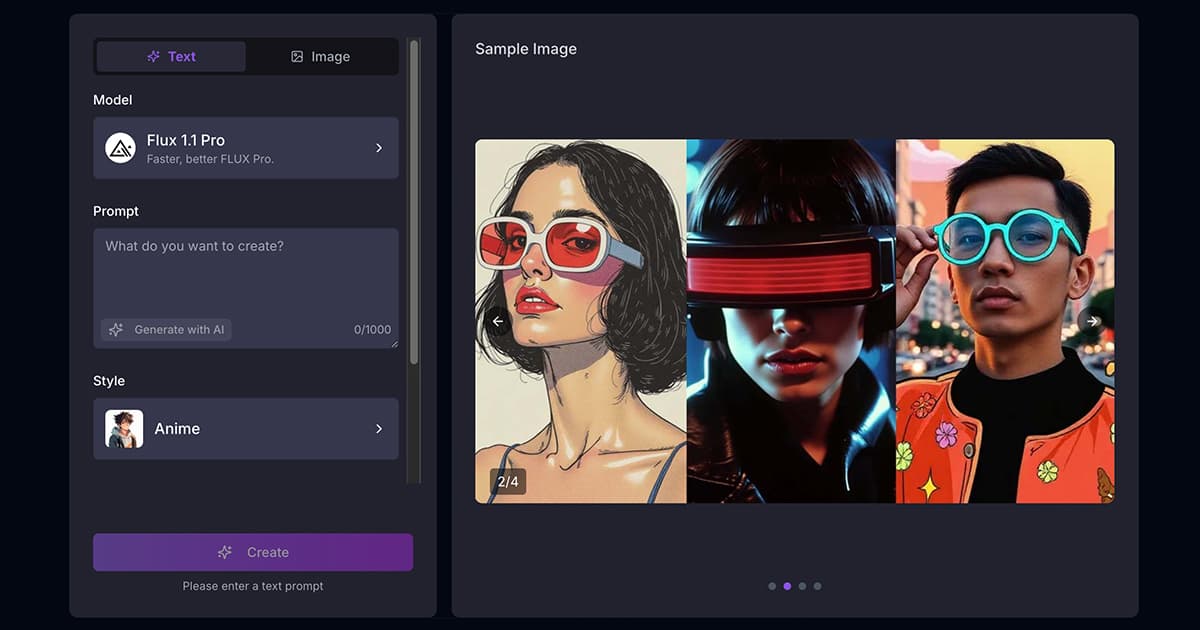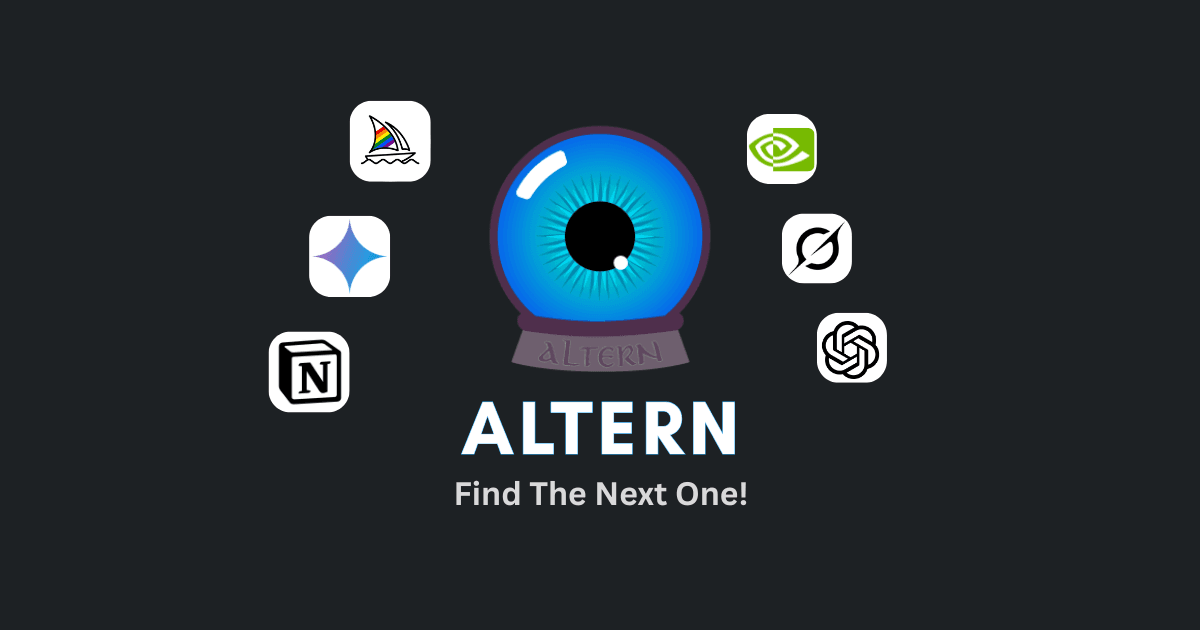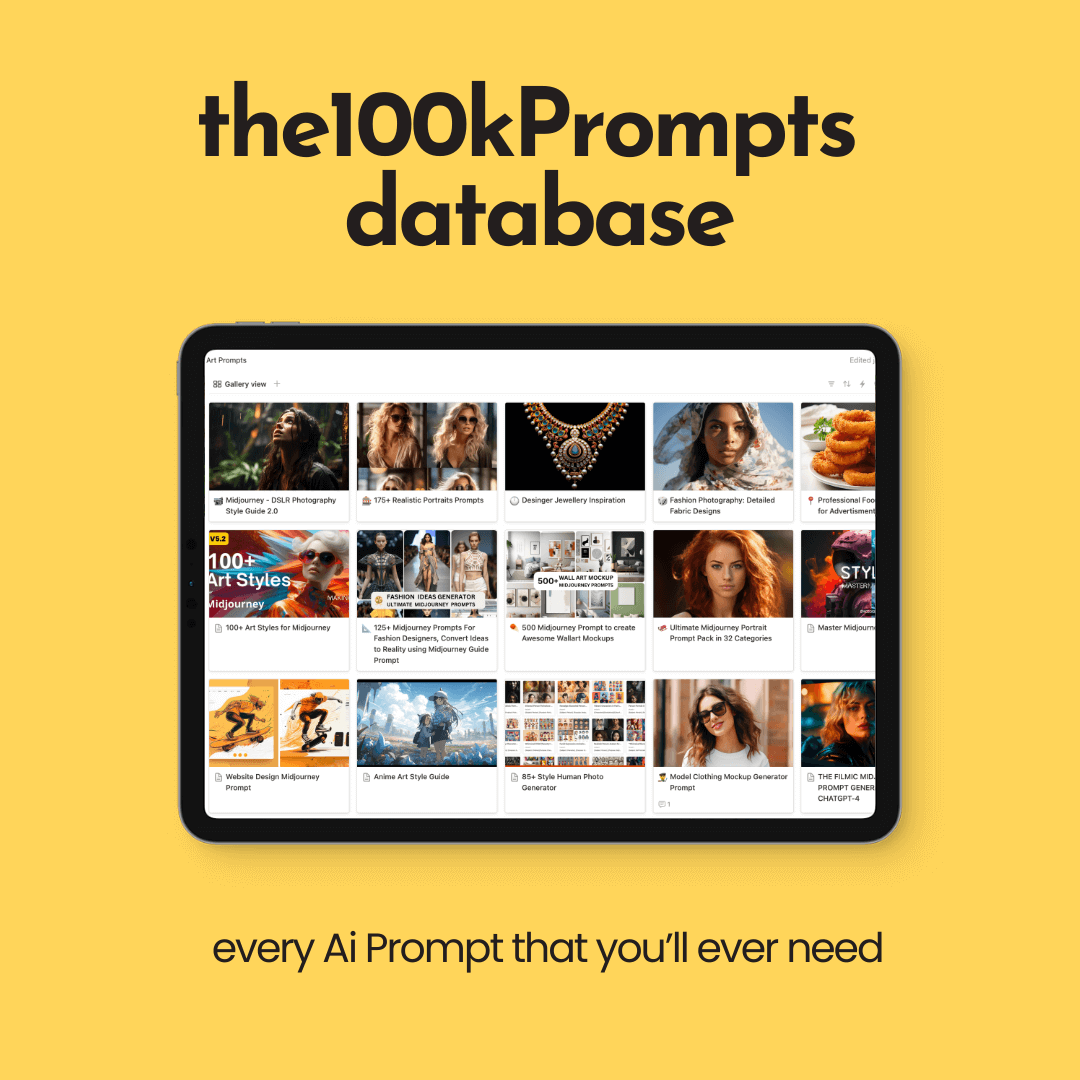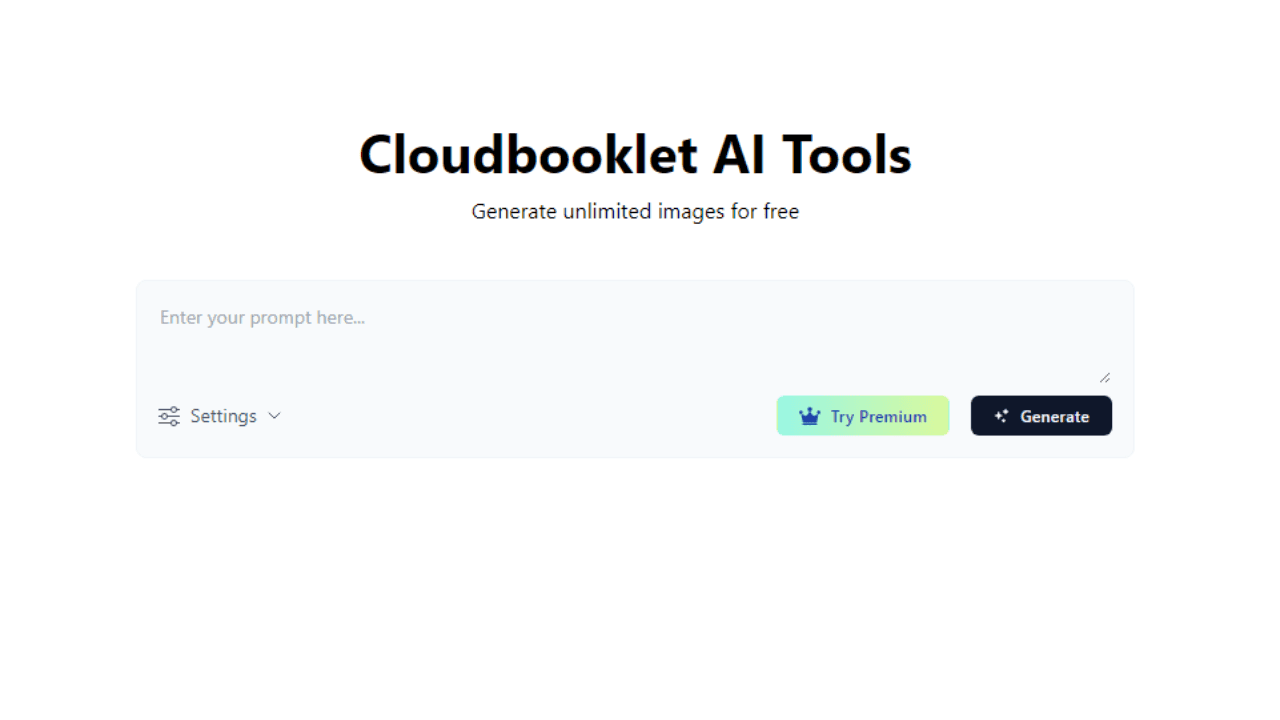Langfa.st vs. fnel
Langfa.st
Langfa.st is a fast and minimal playground for testing and refining AI prompts. It supports over 50 large language models, including OpenAI, Anthropic, Mistral, Cohere, Google, and others — all available instantly without setup. You can insert variables, use Jinja2 templating, and compare outputs across models. There’s no need to sign up or bring your own API keys — it works out of the box. Langfa.st was built to eliminate the friction of existing tools: complicated UIs, required credentials, or overpriced subscriptions. It gives AI teams and prompt engineers a clean, disposable space to experiment, debug, and iterate — all in one tab. Free to use. You only pay if you need more volume or power features.
fnel
fnel is a simple funnel analytics tool designed for solo founders, indie hackers, and early-stage startups. Unlike traditional analytics platforms that require complex integrations and endless dashboards, fnel focuses on one thing: helping you understand where users drop off in your funnel. With just a single line of code, you can start sending events and instantly see real-time funnel visualizations. No setup headaches, no steep learning curve, no unnecessary features - just clear insights into user behavior that help you optimize signups, onboarding, and conversions. Whether you're validating a new idea, running a side project, or scaling your first SaaS product, fnel gives you the clarity you need to make decisions quickly. It's lightweight, developer-friendly, and built with simplicity in mind - so you spend less time configuring tools and more time building.
Reviews
Reviews
| Item | Votes | Upvote |
|---|---|---|
| Works without login or API key | 1 | |
| Supports 50+ models out of the box | 1 | |
| Built-in support for variables and Jinja2 templating | 1 | |
| Instant response, no setup required | 1 | |
| Clean and distraction-free UI | 1 |
| Item | Votes | Upvote |
|---|---|---|
| No custom API key support (yet) | 1 | |
| Not ideal for running complex multi-turn chats | 1 |
| Item | Votes | Upvote |
|---|---|---|
| No pros yet, would you like to add one? | ||
| Item | Votes | Upvote |
|---|---|---|
| No cons yet, would you like to add one? | ||
Frequently Asked Questions
Langfa.st is primarily focused on AI prompt testing and refining, offering support for over 50 language models and a distraction-free UI. It is not designed for user behavior analytics. In contrast, fnel is specifically built for funnel analytics, helping users understand where they drop off in their funnels with real-time visualizations. If your goal is to analyze user behavior and optimize conversions, fnel would be the better choice.
Langfa.st requires no login or API key and offers instant access to its features, making it very easy to set up for AI prompt testing. On the other hand, fnel also emphasizes simplicity with just a single line of code needed to start sending events. Both tools are designed to minimize setup time, but Langfa.st may have a slight edge due to its no-setup requirement.
Langfa.st is not ideal for running complex multi-turn chats, as it is primarily a playground for testing AI prompts rather than a chat application. Fnel, however, is focused on funnel analytics and does not deal with chat functionalities at all. Therefore, neither tool is suited for complex multi-turn chats, but Langfa.st is specifically limited in that regard.
Langfa.st offers a range of features tailored for AI teams, including support for over 50 language models, built-in variable support, and Jinja2 templating. It is designed for prompt engineers to experiment and iterate quickly. Fnel, on the other hand, is focused solely on funnel analytics and does not provide features for AI testing. Therefore, Langfa.st is the more feature-rich option for AI teams.
Langfa.st is a fast and minimal playground for testing and refining AI prompts. It supports over 50 large language models, including OpenAI, Anthropic, Mistral, Cohere, Google, and others — all available instantly without setup. Users can insert variables, use Jinja2 templating, and compare outputs across models without needing to sign up or provide API keys.
Pros of Langfa.st include: it works without login or API key, supports over 50 models out of the box, has built-in support for variables and Jinja2 templating, provides instant responses with no setup required, and features a clean and distraction-free user interface.
Cons of Langfa.st include the lack of custom API key support at this time and it may not be ideal for running complex multi-turn chats.
Langfa.st is particularly beneficial for AI teams and prompt engineers who need a clean, disposable space to experiment, debug, and iterate on AI prompts without the friction of complicated UIs or required credentials.
Yes, Langfa.st is free to use. Users only pay if they need more volume or access to power features.
fnel is a simple funnel analytics tool designed specifically for solo founders, indie hackers, and early-stage startups. It helps users understand where they lose potential customers in their sales funnel by providing real-time funnel visualizations with minimal setup.
fnel works by allowing users to implement a single line of code to start sending events. This enables users to instantly see visualizations of their funnel, helping them identify drop-off points without the complexity of traditional analytics platforms.
fnel is designed for solo founders, indie hackers, and early-stage startups who need a straightforward way to analyze user behavior and optimize their signups, onboarding, and conversions.
The benefits of using fnel include its simplicity, lightweight nature, and developer-friendly setup. Users can gain clear insights into user behavior without the headaches of complex integrations or unnecessary features.
As of now, there are no user-generated pros and cons available for fnel, but potential limitations may include its focus on funnel analytics, which might not cover all aspects of user behavior analysis that some users may require.
